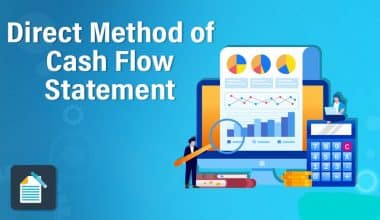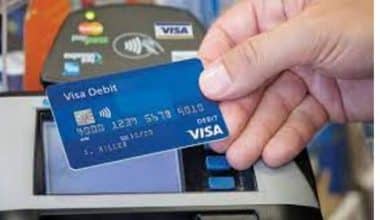There are two main options for financing when buying a car; paying cash or taking a car loan. While paying cash is cheaper and easier, not many people have the kind of money needed to pay for a car in cash.
That makes taking a car loan the only option for persons wishing to buy a car and who cannot wait long enough to save. Many people looking to take a car loan ask themselves whether this option is worth it, but this is what you need to know.
It May Be Your Only Option
Not many people have enough money lying in the bank to pay for a car upfront, which makes taking a car loan may be the only way out. As long as you have a good credit score, accessing financing for your car may not be a big problem.
But car loans come at some cost, and every lender is out to make some interests which often varies from one lender to another, some with huge margins. But you don’t have to settle for the first lender you come across.
The best approach would be to approach several lenders to get an idea of how much the loan will cost you in the long run. Alternatively, you can use car loan comparison tools to help you compare various lenders to have a shortlist of reliable lenders to choose from.
You Can Own a Car without Depleting Your Reserves
COVID-19 has taught many people a lesson about having some reserve cash somewhere for a bad day. This means you could have enough money to finance a car, but if buying the car will deplete your reserves, paying for it in cash may not be a wise financial decision.
The best option would be taking a loan that you pay in small manageable installments spread over the agreed period while maintaining your financial reserve to act as a safety net when the unseen happens.
It’s A Way of Building a Good Credit Score
Buying a car may not be the last money-intensive investment you will make. You may need to borrow for other reasons years down the line, such as when buying a home or starting a business.
By taking a car loan and making timely installment payments, you will be building a credit record that will come in handy when borrowing later. Timely payments on previously paid loans increase the chances of getting approvals or higher loan amounts when borrowing.
Cars Depreciate
A new car depreciates by anything between 10% and 30% immediately after you drive it out of a showroom. In other words, you lose over 10% of your savings within a minute if you spend money you have saved over the years on a car. And it doesn’t stop there; every mile you travel will see the value of your car drop by a margin.
According to experts, the best option would be taking a car on loan and investing the cash in some high-return investments like bonds or stocks. But there are interests to pay, you may argue. Yes, there is, but if you make the right investment decision, your investment should bring in more profits than the interest you pay on your loan.
Final Words
This guide is by no means suggesting that buying a car on loan is the only option. It only serves to help undecided borrowers see its bright side if it is the only option they have. Before taking out a car loan, you may consider talking to your financial advisor. But there is a high chance they will tell you that getting a car loan is worth it.






